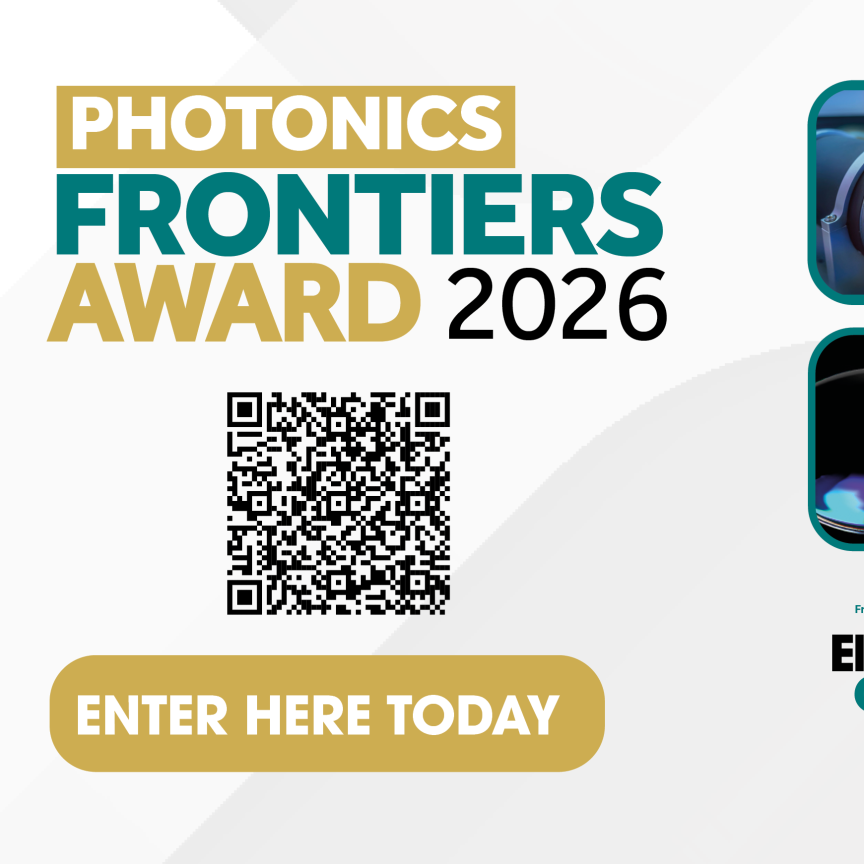Laser micromachining, from expertised based in Wales, UK, is playing a crucial role in the European Space Agency's ExoMars mission.
Laser Micromachining (LML), based at St Asaph's Technium OpTIC, is using its laser micromachining expertise to produce a critical element thatwill help to measure the wind speed and direction on the dusty red planet. The anemometer, as the instrument is better known, is set to be housed on the robotic Rover vehicle on the ExoMars mission set to launch in 2016.
ExoMars is a European-led space exploration mission, currently under development by the European Space Agency (ESA), that will send a robotic Rover vehicle to the surface of Mars. The mission will search for signs for life on Mars, survey the Martian terrain and study the interior make-up of the red planet. Data from the mission should provide valuable input for broader studies of exobiology (the study of organisms originating from outside of Earth) as well as the search for life on other planets.
The anemometer, one of the scientific instruments used to gather data on the robotic Rover, requires a small rod of glass coated with a very thin layer of platinum (about a one thousandth of the thickness of a human hair). By using its laser micromachining technology, LML has developed a way of producing the very fine patterns on the platinum-coated rod which can essentially create a miniature electrical circuit. By connecting sensitive electronics to this platinum circuit and measuring the response of this device it is then possible to detect the strength and direction of the wind.
'The major challenge was to produce extremely fine and accurate patterns, as small as two hundredths of a millimetre, over the surface of a circular rod. We are proud to say that through the expertise and world-class facilities here at LML we have delivered what many thought was not possible and the detectors are being tested as we speak,' said LML general manager Dr Nadeem Rizvi. 'Not only has our technology produced the strongest accuracies demanded in space projects, but we have proven that laser micromachining is here, it can work and has the potential to be the number one technology of the future.'
LML is also part of the XGEN consortium which was established in 2007 and consists of three Welsh Micro/Nanotechnology Centres of expertise. XGEN is a Welsh Assembly Government initiative designed to ensure industry has open access to state of the art facilities and equipment.

